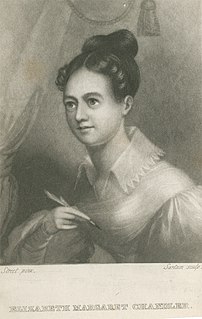A Quote by Lauren Willig
I know historians aren't supposed to fall in love with their own theories, but I was head over heels about the notion of an entire band of female French agents, like a nineteenth-century Charlie's Angels. Only better. It made the Pink Carnation's organization look positively humdrum.
Related Quotes
I fell in love. It felt exactly like a fall, a head-over-heels tumble into a state of unbearable lightness. The earth tilted on its axis. I did not believe in romantic love at the time, thinking it a human construct, an invention of fourteenth century Italian poets. I was as unprepared for love as I had been for goodness and beauty. Suddenly, my heart seemed swollen, too large for my chest.
So, are you two going to get married already or waht?" I laughed. "Excuse me?" Carlee rolled her eyes. "Please. You don't even look at other guys. And I have never seen a guy that crazy about a girl before. You're like, his entire world." I shrugged, smiling. "I can't imagine ever finding someone better than Lend. He just--knows me. Totally. Everything. And miraculously he still likes me." "Likes? Girls, he head-over-heels-freaking-loves you." "It's mutual!
Given that the nineteenth century was the century of Socialism, of Liberalism, and of Democracy, it does not necessarily follow that the twentieth century must also be a century of Socialism, Liberalism and Democracy: political doctrines pass, but humanity remains, and it may rather be expected that this will be a century of authority ... a century of Fascism. For if the nineteenth century was a century of individualism it may be expected that this will be the century of collectivism and hence the century of the State.
People are very good [at] thinking about agents. The mind is set really beautifully to think about agents. Agents have traits. Agents have behaviors. We understand agents. We form global impression of their personalities. We are really not very good at remembering sentences where the subject of the sentence is an abstract notion.



































